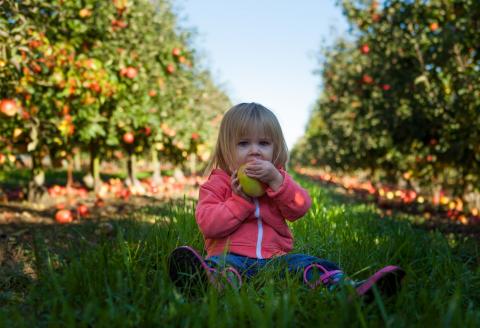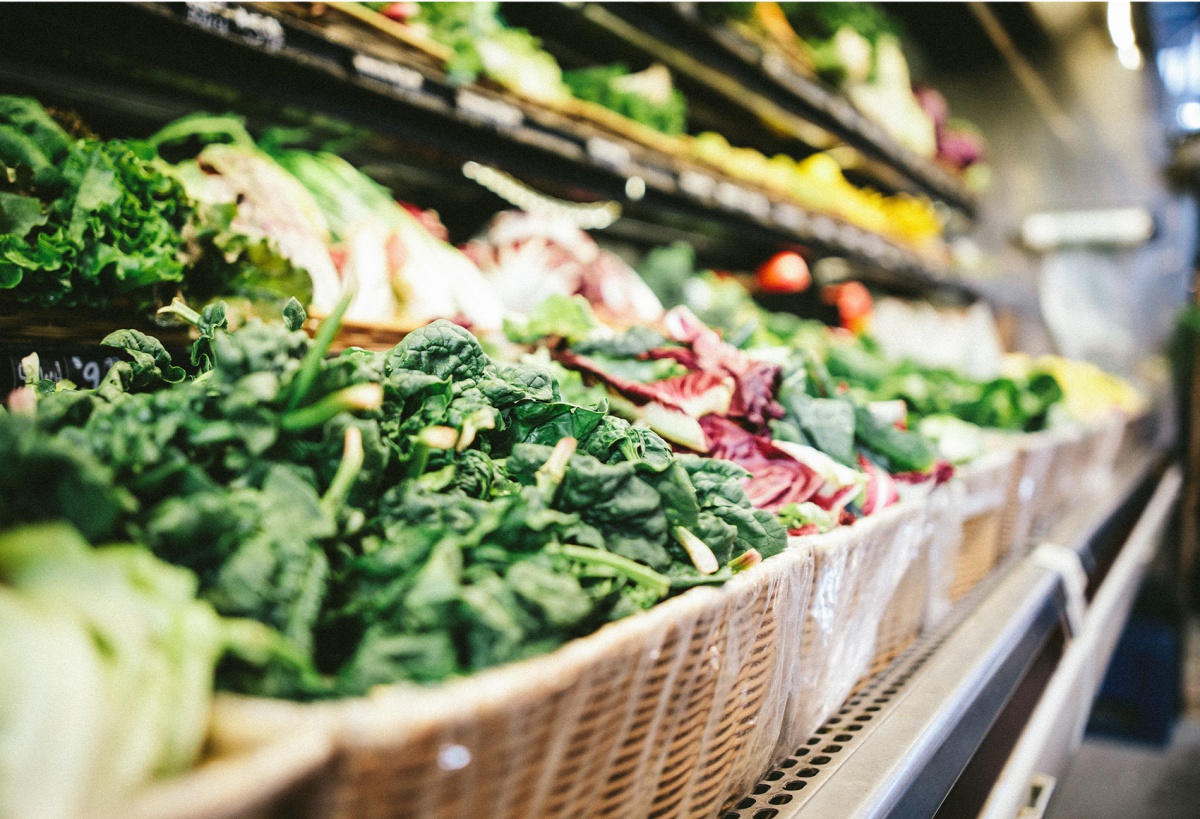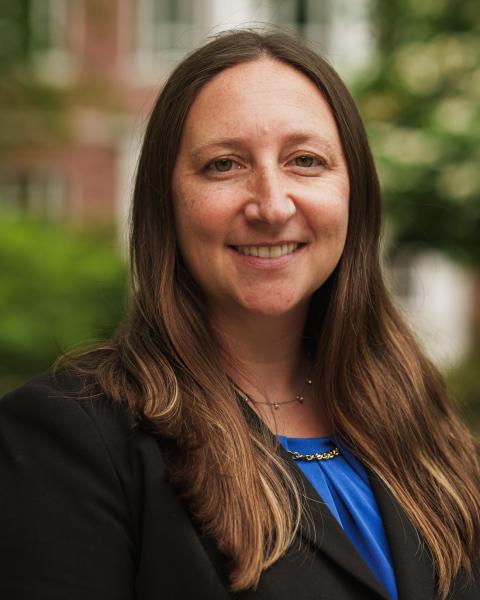Nutrition Connections Provides Equitable Food Access and Education

When COVID-19 upended daily life across the globe, some goods and services were deemed essential. At the top of this list? Food.
Extension’s Nutrition Connections program supports families who have limited resources and qualify for financial assistance from federal programs.
The first step to eating healthy is knowing where to access food, but the pandemic’s stay-at-home order created additional barriers to food access for people who are already food-insecure.
Because of panic buying, supplies that are usually widely available flew off shelves at alarming rates. Many workers lost their jobs and steady sources of income.
Mapping Food Access
In response to these events, Extension’s Nutrition Connections members Sara Oberle, Brooke Kelleher and Heidi Barker swiftly teamed up with Extension’s geospatial technology specialist Shane Bradt to publish the New Hampshire Food Access Map.
This digital map can be viewed on a computer, tablet or phone. It shows food support sites (pantries, backpack programs and meal delivery); sites for personal items (like toilet paper, soap and diapers), nutrition assistance sites (farms and small grocers offering discounts or incentives for food-insecure families and offices providing food benefit support) and summer meals sites, which are maintained in partnership with the Department of Education (for children 18 and younger when school is out of session).
Having one centralized location with this information streamlines the process of identifying where to go for assistance and at what time. It also shows locations where donations can be dropped off and where volunteers can help their neighbors.

Training Shoppers
Once a family has secure access to food, the focus shifts to how to create healthy meals. Extension has teamed up with a national nonprofit called the Fair Food Network, which operates a program for stores called Double Up Food Bucks to improve health of underserved communities while also supporting local farmers and economies.
There are currently 16 retail sites in New Hampshire participating in Double Up Food Bucks. To be eligible, a store must be a part of the Supplemental Nutrition Assistance Program (SNAP) and prioritize sourcing produce from local farms within New England.
Shoppers who qualify for SNAP can use their Electronic Benefits Transfer (EBT) cards to purchase produce for 50% off the regular or sale price. The Fair Food Network will then subsidize the costs, so the retail store continues to make the same profit.
Extension teacher Brenda Carey provides training sessions for SNAP shoppers to discuss best practices for grocery shopping. She typically leads in-person classes at supermarkets but, due to the pandemic’s social distancing protocols, she decided to make these tours virtual.
Carey connects with participants one-on-one through Zoom. They watch seven videos together over the course of an hour, stopping between each clip for a discussion. The video topics include information about buying fresh and frozen produce, canned fruits and vegetables, cereals, snacks, beverages, bread and frozen meals.
Carey will ask questions like, “Did you learn anything?” and “How was that helpful?” She shares tips on how to use sales flyers and weekly coupons to make participants’ dollars go further. She explains unit pricing and how to read food labels. After completing the session, shoppers receive a $10 gift card (provided by the Fair Food Network) to a supermarket participating in the Double
Up Food Bucks program.
While they might have been necessitated by COVID, Carey found that the virtual classes provided many benefits relative to the in-person sessions. “We’re not limited to certain hours and we can make it convenient to work with everyone’s lifestyle. I can tailor the session to their needs and address what they want to learn,” she says.
Liz Alpern serves as a program manager for Double Up Food Bucks Northeast. "The virtual store tours conducted by UNH Cooperative Extension have been such an incredibly innovative and inspiring way to engage SNAP shoppers on the topic of healthy eating during this pandemic," she says.
Incentivizing Healthy Decisions
Many of the stores participating in Double Up Food Bucks are community-centered and on the smaller side, like Vista Foods in Laconia. Store manager Bob Fitzpatrick is grateful for the program.
“We’re not a big box store; you get to know people one-on-one. Most of our shoppers are residents,” he says.
Because he knows the local farmers, Fitzpatrick says it makes the program more meaningful. “We get cucumbers, peppers, tomatoes, onions and rhubarb from Ramsay’s Farm Stand in Loudon. We get fresh corn from Pearl & Sons Farm in Loudon — come August, that’s a big draw. We really try to get the word out, put banners up and make sure people know about the program.”
Heidi Barker, an Extension healthy living field specialist, explains that all this nutrition work is aimed at creating large-scale, systemic change. “We’re providing the ability to let people make their own informed decisions. People need to have all options. It’s their decision of how they’re going to spend
their money,” she says.
“But it’s about making the healthy choice the easier choice.”
Related Resource(s)
